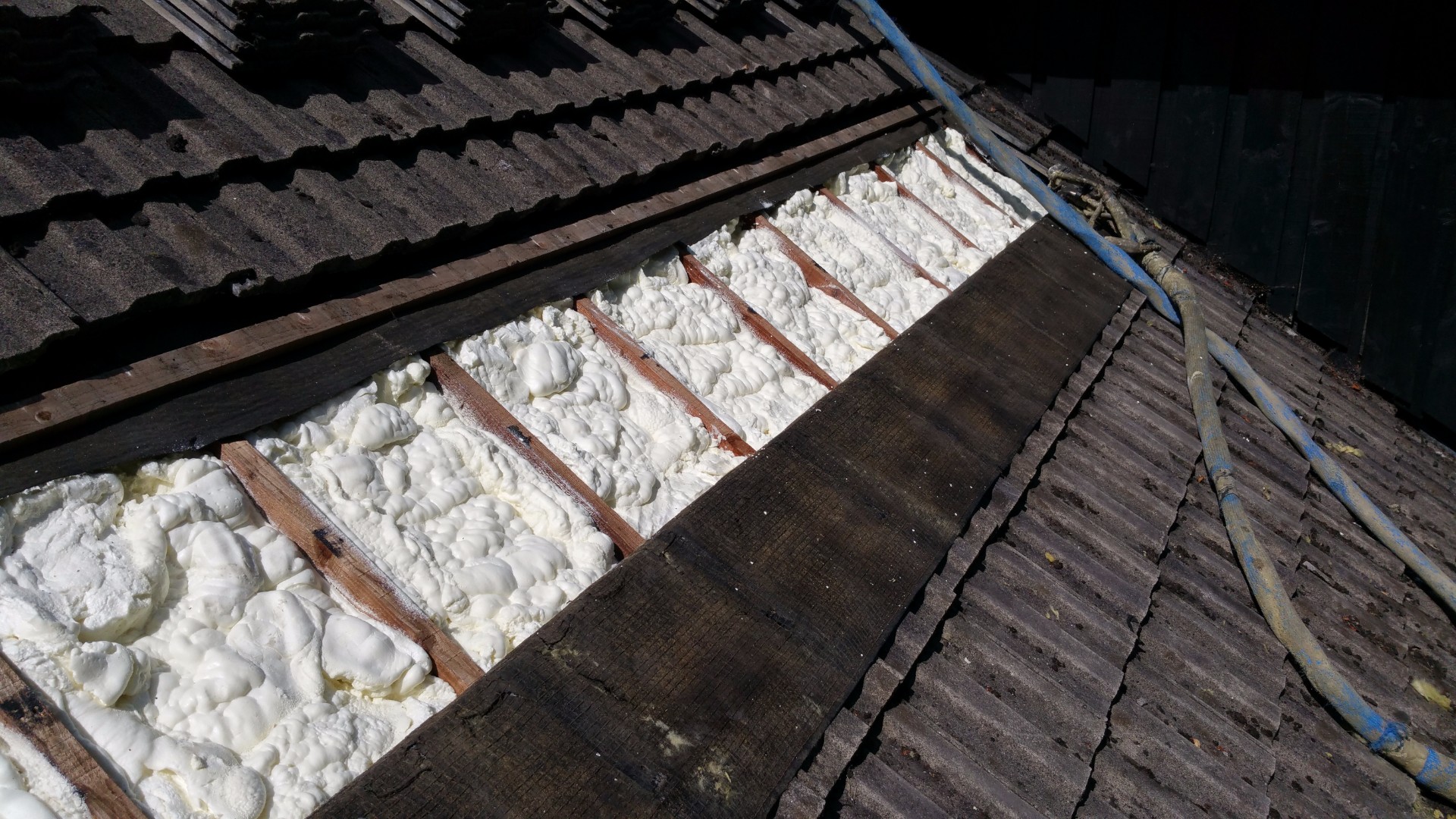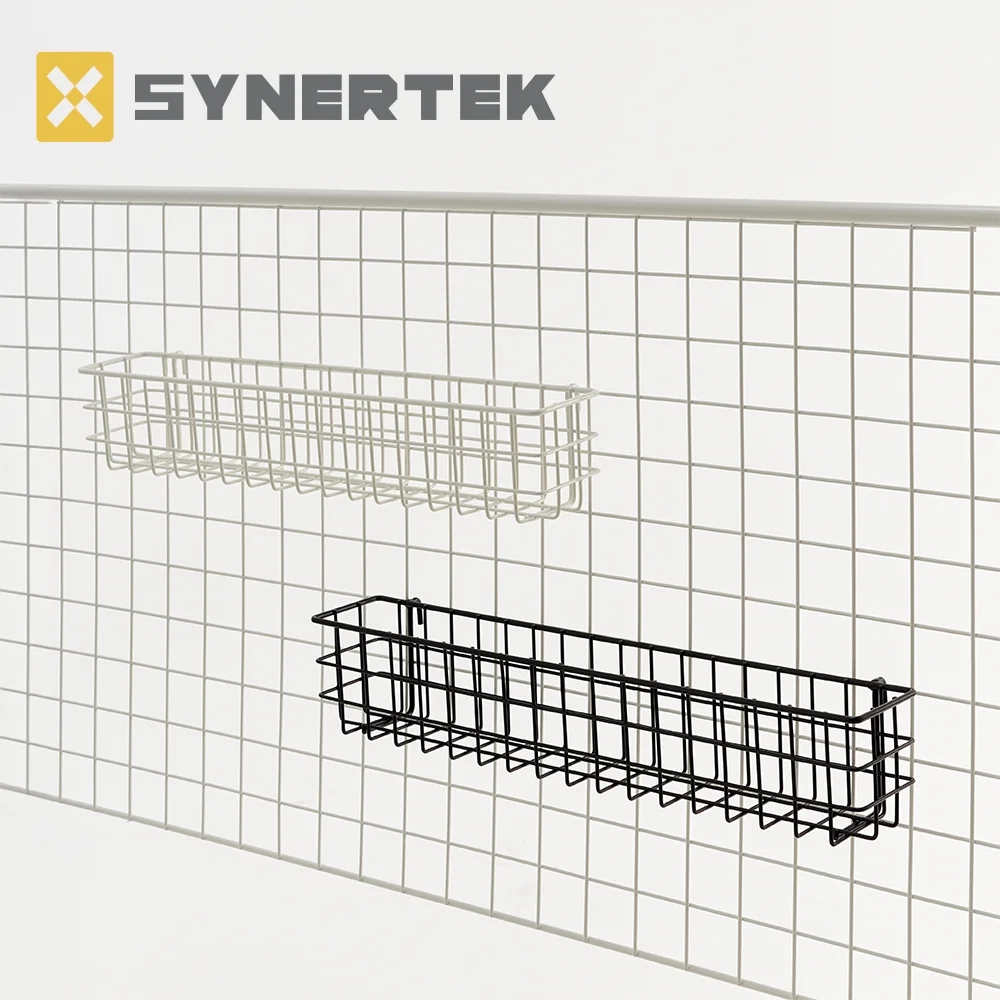
Insulation plays a crucial role in maintaining comfortable indoor temperatures while reducing energy consumption. However, with the wide range of insulation options available, it can be challenging to determine the most affordable type. In this blog post, we will delve into the various insulation materials and techniques, considering factors such as cost-effectiveness, energy efficiency, and long-term savings.
- Fiberglass Insulation:
Fiberglass insulation is a popular choice due to its affordability and effectiveness. Composed of fine glass fibers, it is available in batts, rolls, or loose-fill forms. Its low cost per square foot makes it an attractive option for budget-conscious homeowners. Additionally, fiberglass insulation offers excellent thermal resistance, reducing heat transfer and lowering energy bills. - Cellulose Insulation:
Made from recycled paper products, cellulose insulation is an environmentally friendly and cost-effective option. It is commonly installed as loose-fill, blown-in insulation. Cellulose insulation provides good thermal performance and effectively reduces air leakage, resulting in energy savings. Its affordability and eco-friendliness make it a compelling choice for those seeking a sustainable insulation solution. - Spray Foam Insulation:
While spray foam insulation may have a higher upfront cost compared to other options, its long-term benefits make it a cost-effective choice. Spray foam insulation expands upon application, filling gaps and creating an airtight seal. This superior air sealing capability minimizes energy loss, leading to significant savings on heating and cooling costs over time. Its durability and ability to resist moisture also contribute to its long-term cost-effectiveness. - Reflective Insulation:
Reflective insulation, often used in attics, utilizes reflective materials to redirect radiant heat. It consists of a layer of aluminum foil laminated onto various backings such as cardboard or plastic film. Reflective insulation is relatively affordable and easy to install, making it an attractive option for homeowners on a budget. By reflecting heat away, it helps maintain cooler indoor temperatures during hot summers, reducing the need for excessive air conditioning.
Conclusion:
When considering the most affordable type of insulation, several factors come into play, including upfront costs, long-term savings, and energy efficiency. Fiberglass insulation, cellulose insulation, spray foam insulation, and reflective insulation all offer cost-effective solutions, each with its unique advantages. By carefully evaluating your specific needs and budget, you can make an informed decision that maximizes both energy savings and affordability.

